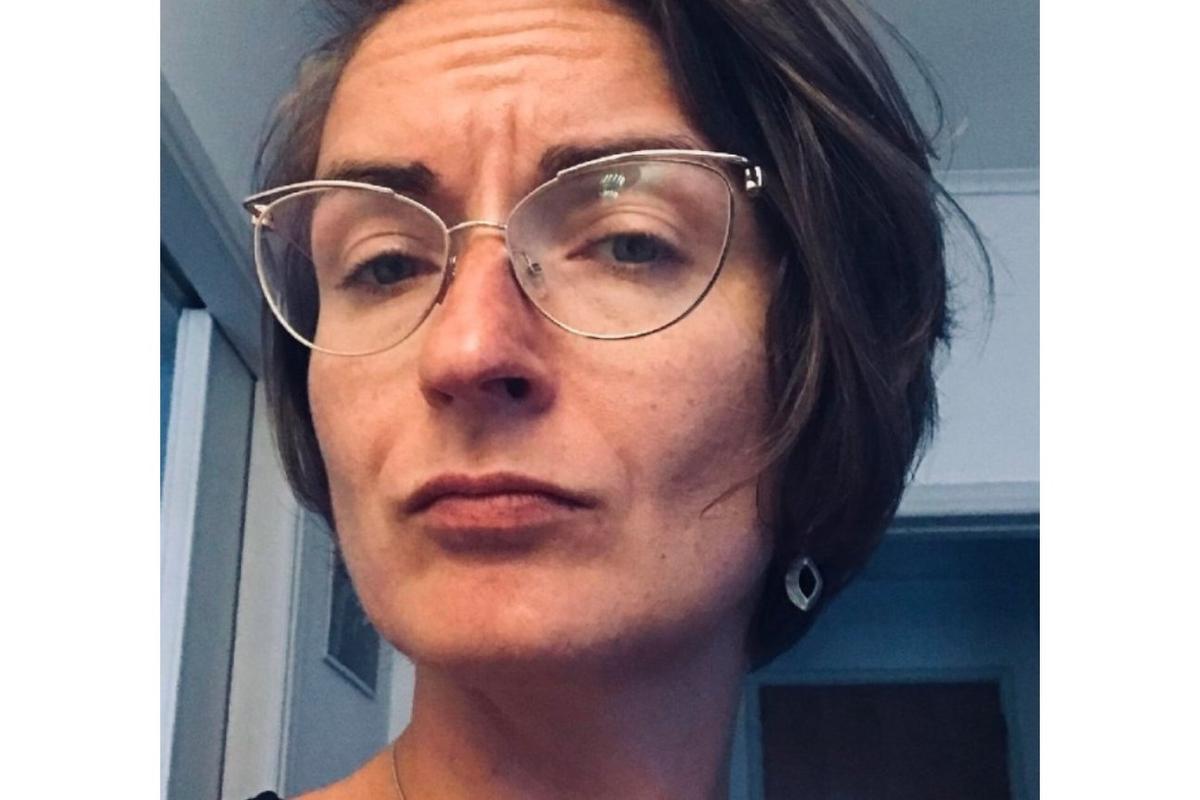B’nai Brith Canada is asking the federal government to deny a work permit to an academic who has been highly critical of Israel, if she applies for one.
In a letter to the ministers of immigration and employment, B’nai Brith asks that Valentina Azarova be denied a permit to work in Canada if she is hired by the University of Toronto as director of its law school’s International Human Rights Program.
Azarova was the unanimous choice of a UofT hiring committee last year to head the human rights program, but negotiations over terms of employment were suddenly halted.
University officials cited immigration issues for stopping the talks, but Azarova’s supporters claim the real reason is a conspiracy by Jewish donors opposed to her long history of criticism of Israel.
In his letter, B’nai Brith lawyer David Matas calls these claims an “antisemitic fantasy” fed by ancient tropes about “Jewish power, influence and money.”
Those claims were clearly rejected by an independent study of the hiring process, the Cromwell Report, led by retired Supreme Court of Canada Justice Thomas Cromwell.
“However, those determined to see her (Azarova) take the position as Director persisted. They fantasised and charged that the real reason for refusal of the recommendation of the search committee was an antisemitic trope – Jewish power, influence and money,” Matas wrote to the ministers. “This fantasy, needless to say, had no connection with reality. But it held and holds sway based on the flimsiest of pretexts.”
Matas also accuses the university of quietly changing the advertised requirements for the job to favour Azarova.
The original posting for the position said the successful applicant would need a license to practice law in Ontario or some other jurisdiction – something Azarova does not have.
Matas adds dropping that requirement serves to discriminate against Canadian applicants for the position.
Matas concluded his letter by stating, “in our view, hiring Ms. Azarova for the position of director of the International Human Rights Program of the Faculty of Law of the University of Toronto would cause a substantial harm to Canada by causing a substantial harm to the University of Toronto … In any case, the search process this time round is as tainted as the first, albeit in a different way. If the present search process leads to a request for a work permit for Ms. Azarova, that request should be denied.”
In the face of pressure from groups such as the Canadian Association of University Teachers, which imposed a rare censure on UofT, the university has started a new search process headed by the new dean of the law school.
CAUT’s policy, which asks members to not accept appointments at a censured institution, may preclude Canadians from applying for the position or even seeing any advertisements about it, Matas pointed out in his letter.
That process had a deadline of July 7. There has been no public indication Azarova applied for the position.
“Should Ms. Azarova request a work permit for the position of director of the International Human Rights Program at U of T, the government of Canada should deny that request,” B’nai Brith Canada CEO Michael Mostyn said in a news release. “Our federal government simply cannot aid and abet the University of Toronto in a distorted and unfair hiring process that unfairly discriminates against Canadian applicants.”









